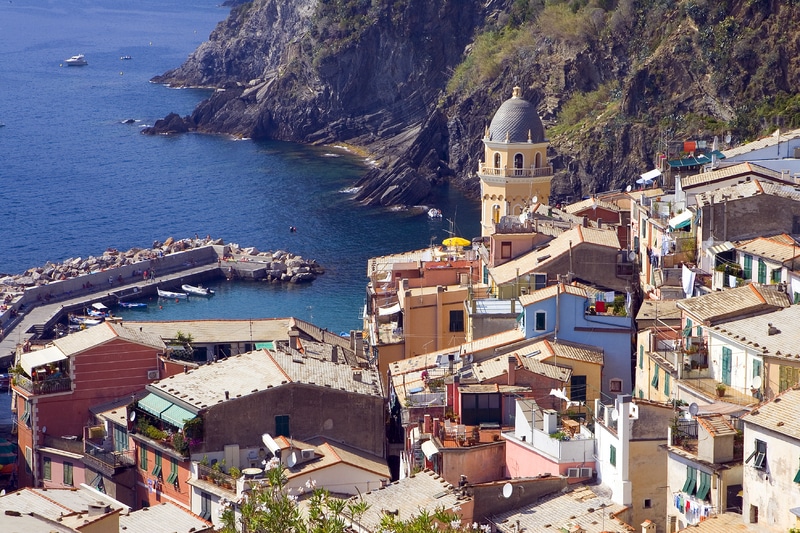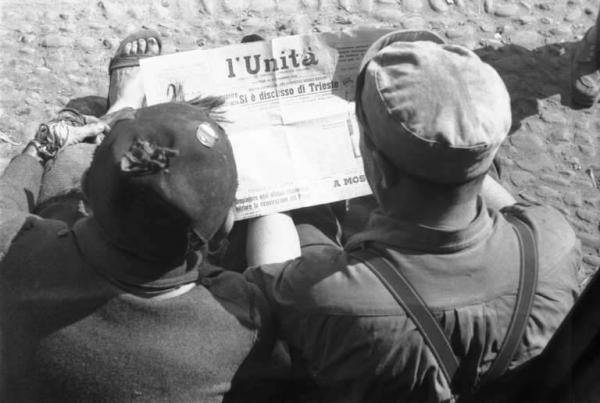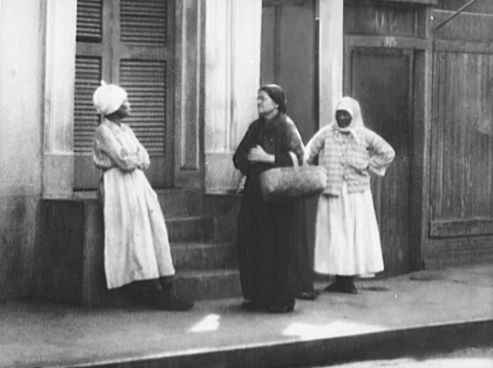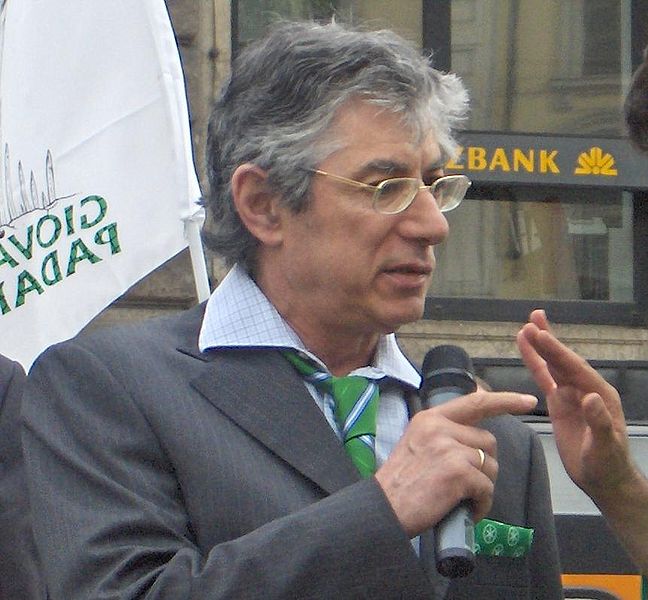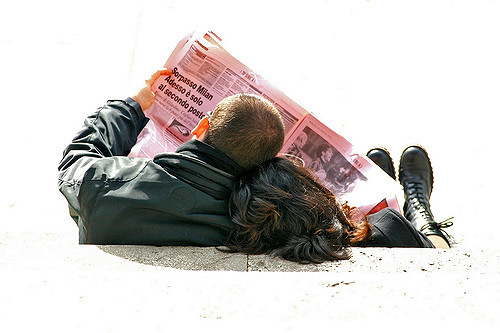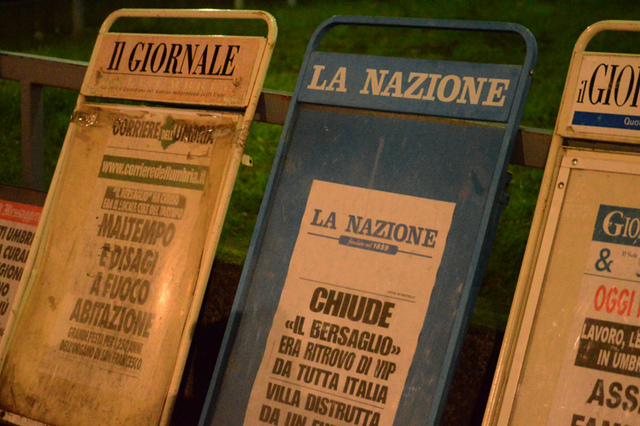It took a while for the Hills of Prosecco of Conegliano and Valdobbiadene to make it, but they, too, are now part of the prestigious UNESCO World Heritage List. An important recognition for the production area of one of Italy’s most famous wines, home to a centuries-old viticultural tradition.
A decision taken in name of their “beautiful and unique landscape, culture, agriculture and the immense promotional team work carried out by our Sistema Paese,” says Italy’s foreign affairs minister, Moavero Milanesi.
A great achievement that made Italy proud and brought the number of UNESCO sites in the Belpaese to 55. Yet, not everyone is happy about it.

Italian environmentalists against the Prosecco Hills
While the news has been welcomed by the Regione Veneto and by all the groups that supported the candidature throughout the years, some local communities and associations pointed out the intensive type of viticulture characterizing the Prosecco hills is nothing to be happy about. A number of associations, including the Pesticides Action Network Italia (PAN Italia), WWF, Italy’s Legambiente and Colli Puri strongly opposed the introduction of the Prosecco hills into the UNESCO World Heritage List, to the point of submitting to the deciding bodies an in-depth documentation against it.
Only a few days before the decision was made,
The reasons behind the protest
The associations involved in the protest maintain that the type of agriculture used in the Prosecco hills is too industrialized and intensive and ultimately harms the environment. Among the issues mentioned, the abundant use of pesticides, which has been damaging the quality of local water supplies and soil, and the fact the high number of vineyards in the area has erased local biodiversity.
But it is also a matter of health for the local community. The use of chemicals like herbicides and pesticides, especially when employed in close proximity of people’s

Intensive cultivation puts at risk the very environment UNESCO wants to protect
This is, at least, the opinion of some researchers: while the natural environment of the Prosecco hills, that where the original and non-industrialized cultivation of local vines brought to the birth of Prosecco, is certainly worthy of protection, the type of agriculture used in the area today is not. And if you think it’s only a small group of Italian environmentalists thinking it like that, you’re mistaken: even the Washington Post reported on it, very much supporting this view and bringing it to international attention.
The article was based on a piece of research carried out by the University of Padua, where it is stated that Prosecco vineyards have been causing high — and entirely unsustainable — levels of soil erosion.
The documentation against the Prosecco hills
“The hills used for the industrial production of Prosecco have been destroyed by excavations; the eradication of century-old trees and the erasure of local flora, all to make space for Prosecco vines,” says the letter sent to UNESCO by the associations mentioned above.
In the same document, it’s also stated that “the territory became extremely fragile from an hydrogeological point of view. Excavations, and the consequent eradication of trees, has been heightening the risks of landslides in the whole areas.
The use of pesticides, of course, was also mentioned in the file.
Last but not certainly least, LIPU, the Italian association for the protection of birds stated that 52% of all bird species typical of the area have disappeared because of the intensive type of agriculture used.
Can we keep celebrating?
International recognition of yet another UNESCO World Heritage site means a lot to our country and to the popularization of a product, Prosecco, typical of Italy and in need to be protected from counterfeiting. At the same time, this criticism should be taken seriously because while making enough Prosecco to keep the world happy is fantastic, it shouldn’t
In an ideal world, going back to a less intensive, more natural agriculture — just like the one our grandparents and great grandparents used to practice — would solve the problem. But we all know the harsh rules of the market will make this impossible.

